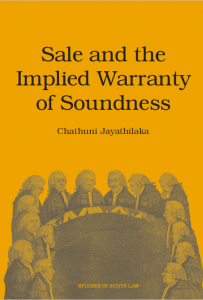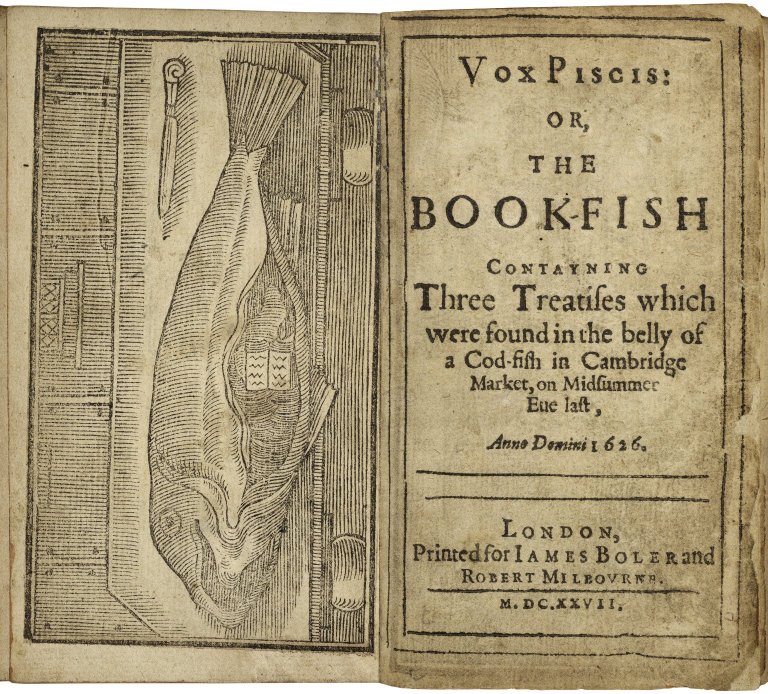by Professor Gwen Seabourne, University of Bristol Law School
In the first half of this academic year, a lot of interest was generated by discussion of newly-discovered documentary evidence relating to the life of medieval English poet and author, Geoffrey Chaucer. This was explored in a special edition of a literary journal, The Chaucer Review. Something new about Chaucer was of great interest to scholars of medieval literature, of course, but the subject-matter of the new evidence also drew in a wider audience, since it dealt with an episode in Chaucer’s life which was not primarily connected to his writing: an apparent accusation of rape. As somebody who has taken an interest in the issue of rape and sexual misconduct in medieval common law, I was keen to see the new evidence, and to think through its implications for Legal History, as well as the possible contributions which a legal historian could make to scholarship here. This post sets out some preliminary thoughts. (more…)










